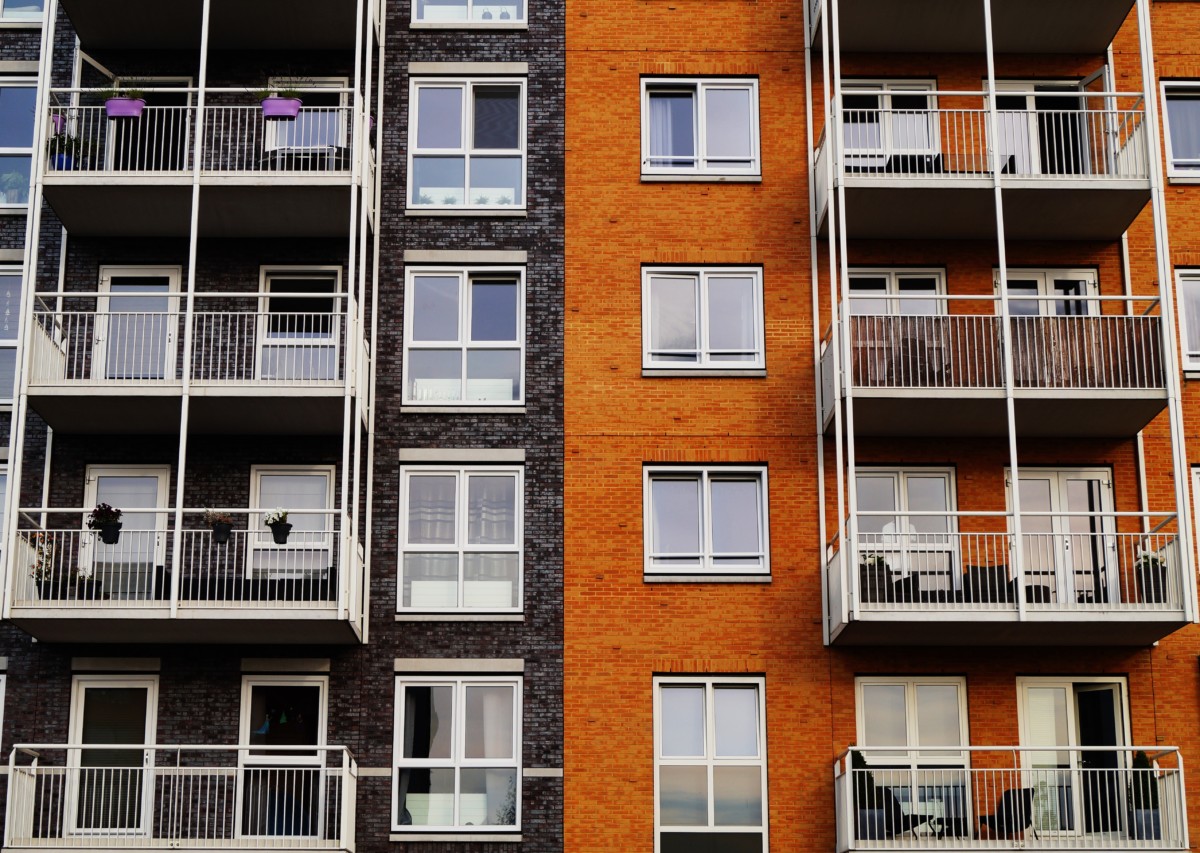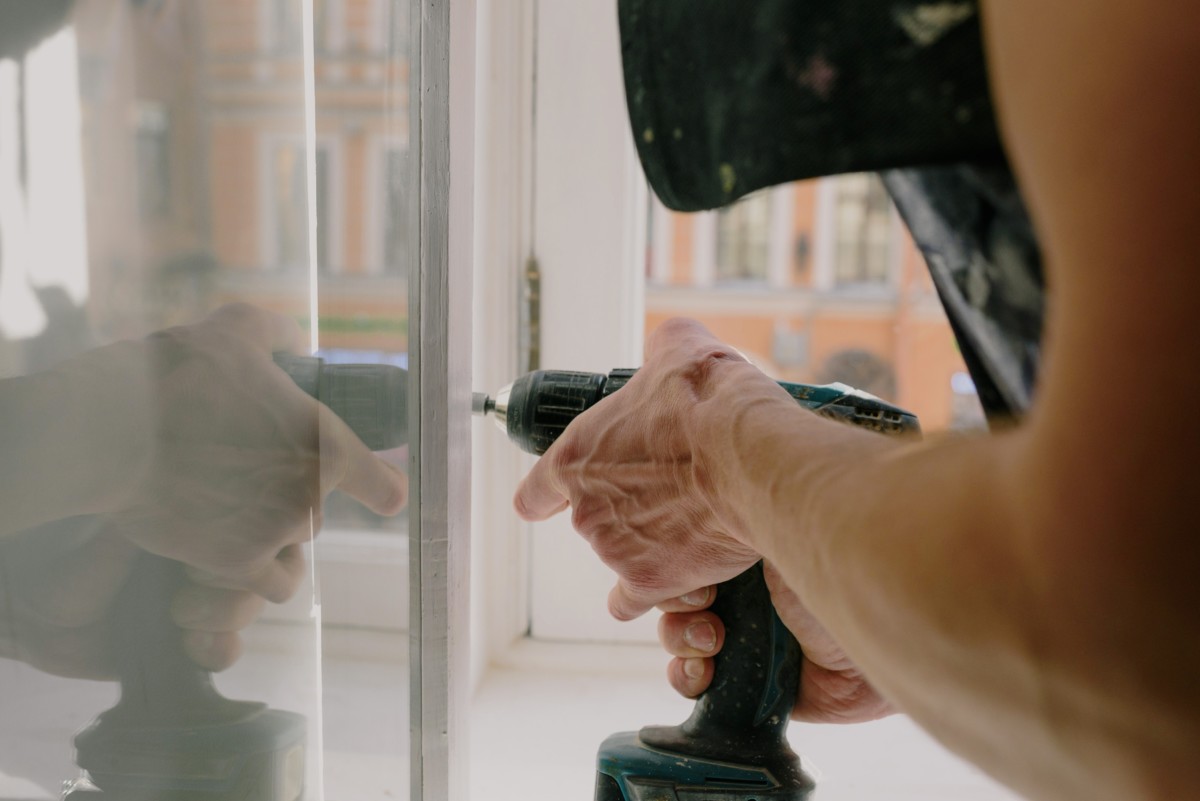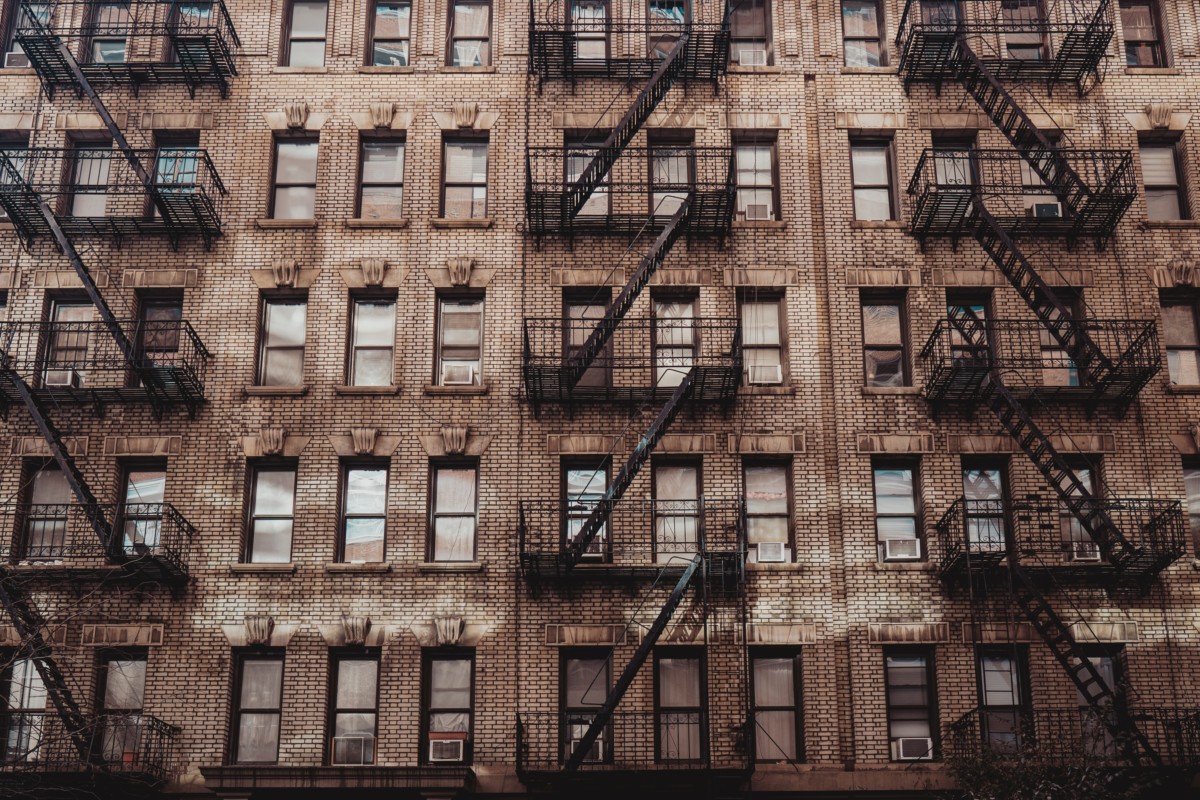Whether you’re renting a house in Los Angeles, CA, or leasing an apartment in New York, NY, renters need to understand the process for repairs. When you need your landlord to repair something in your apartment or rental home, you typically want it done ASAP. As a tenant, you may feel frustrated and powerless waiting around for the landlord to call the handyman and then waiting for the handyman to show up to do the work.
Before you start fixing (and paying for) the repair yourself, moving out, or going as far as suing, take a moment to understand the repair timelines your landlord is obligated to follow – and what you can do if your landlord violates the timeline or fails to complete the repair.

How long does a landlord have to fix something?
Typically, a landlord has 3-7 days to fix “critical” repairs and 30 days to fix “non-critical” repairs. Your local landlord-tenant laws will define the exact time requirements. “Critical” repairs are documented in the Implied Warranty of Habitability, as outlined in local building codes and Federal Housing Authority (FHA) housing standards that rental units must meet.
The Implied Warranty of Habitability means that the landlord provides:
- Hot water
- Up-to-date conformity to building codes
- Drinkable water
- Heat during cold weather
- An adequate ventilation system
- Working electricity
- Smoke and carbon monoxide detectors
- Clean premises, including the removal of insect or rodent infestation
- A working bathroom and toilet
- Protection in the form of door locks and window guards
Your lease may not detail every possible repair obligation. Still, the lease language should indicate that the landlord will make all necessary repairs to keep the unit habitable. Standard repair obligations involve matters of safety, security, and structural soundness.
Here are some common repair problems tenants deal with and how long a landlord has to fix them.
How long does a landlord have to fix hot water?
Hot water problems in a rental property fall under the critical issue category. If the tenant reports an issue with the hot water supply, the landlord must fix it within 24 hours.
Landlords must make a reasonable attempt to complete the repairs within two days. However, a landlord cannot be held accountable for matters out of their control, such as lack of available parts or if the plumber is not available on short notice. As long as the landlord makes reasonable efforts to fix the problem promptly, they’ll meet the obligation to provide a habitable property.
How long can a landlord leave you without air conditioning?
In a habitable rental property, tenants can expect standard amenities like hot water, a non-leaking roof, flushing toilets, heat, a place to dispose of garbage, and doors that lock securely. Air conditioning is not a standard amenity for many parts of the United States. If your local or federal housing laws make no mention of a cooling system, landlords aren’t required to provide air conditioning for basic habitability.
If your landlord provides you with an air conditioner as part of the appliance package in your lease, the repairs are considered non-critical. Your landlord has 5-14 days to complete the repairs after you notify them of the problem.
If you’re still questioning how long your landlord can leave you without air conditioning, check your local landlord/tenant laws.

How long does a landlord have to fix a leaking roof?
A leaking roof may be annoying and bothersome, but it’s not considered a critical repair unless the leak is severe, like a river coming through your ceiling. A steady drip is a non-critical repair, and most landlords have up to 30 days to fix it once the tenant notifies them. However, the landlord must consider the severity of the leak. If the leak fills up a large bucket in less than a week, this can be a significant issue, and the landlord must make reasonable efforts to fix the problem as quickly as possible.
How long does a landlord have to replace a refrigerator?
It’s never a good day when you open your refrigerator only to see the lights are out and it’s warming up. How long a landlord has to fix or replace a refrigerator depends on your state laws. In some states, landlords don’t have to provide appliances for a rental unit, although many landlords do.
Check your lease to see if the appliances are listed as part of your agreement, and follow the lease guidelines to request repairs. Repair requests are typically made in writing or through an online resident portal. Once notified, the landlord has between 14 and 30 days to fix or replace a refrigerator.
Some landlords have lease clauses that state that tenants can use the appliances, but the appliances are not part of what the tenant is renting. This type of clause usually says that if the tenant uses the appliances, the tenant is responsible for the repairs and maintenance.
How long can a tenant be left without water?
Water system failure is considered a critical repair. Running water is essential for the health and well-being of a tenant. Therefore, a landlord can’t leave a tenant without running water for more than two days.
A landlord can’t restrict the water supply unless it’s for urgent plumbing repairs or water supply fixtures and fittings. If the landlord needs to shut off the water to repair a non-critical leak or renovate the property, the landlord can arrange to turn off the water supply temporarily with notice and prior approval from the tenant.
How long does a landlord have to fix a furnace?
In most cases, the lack of a working heat source will violate local building codes. Most local building inspectors consider the lack of heat a critical issue and will require landlords to fix a furnace in 3-7 days during cold weather. Typically, the temperature of a rental unit must be kept at 67 degrees or above during all seasons. If you’ve notified your landlord and it’s not a critical repair, they have 30 days to complete any furnace repairs.
How long does a landlord have to fix sewage problems?
While a sewage backup is not a pleasant situation, this is still often considered a non-critical issue. Most landlords have up to 30 days to fix a sewage problem. However, many will take care of such problems much sooner, often within 7-14 days, even if state or local laws don’t require a timeline that short.
Is the landlord responsible for the major appliances?
While many landlords provide major appliances, like a refrigerator, stove, dishwasher, or air-conditioner, they’re not required for a rental unit. Typically, appliances are included in the lease as items for the tenant’s use. Most landlords will claim responsibility for major appliances but require a written repair request. From there, they have 30 days to fix the problem. In some cases, the landlord provides appliances but includes a clause in the lease that states that the tenant is responsible for having them fixed.

Who do you call when your landlord does not fix rental repairs?
Step 1: In some situations, you’ve followed all of the guidelines in your lease regarding how to notify the landlord of a needed repair and have given them reasonable opportunities to fix the problem – but they haven’t.
Step 2: If your landlord is unresponsive, talk with other tenants to learn if they’ve had similar issues. Chances are they’re unresponsive to other tenants as well. If that’s the case, you can join together in a written request to fix the problems.
Step 3: Call your local building inspector or health inspector’s office and request an inspection. The inspector will investigate the situation and typically give the landlord a notice of violation and 30 to 60 days to complete the repair. You’ll need your original written repair request and all correspondence from your landlord. Bringing in a building inspector can be an effective way to get the required repairs completed.
Step 4: If your landlord doesn’t follow through with repairs, make a formal complaint with the housing department, which may resolve the issue. If you’ve come this far, you may want to consult with an attorney before moving to step five.
Step 5: Take the landlord to small claims court to replace or repair the item. Be aware that there are no guarantees of a favorable outcome. The judge may side in the landlord’s favor, and a landlord could retaliate and have you evicted. You may want to send the landlord one last letter before taking this step.
Can a landlord make a tenant pay for repairs?
Consult your lease to understand if your landlord can make you, as a tenant, pay for repairs. According to most lease agreements, if a tenant breaks something in the rental unit, they’re responsible for the repair cost. However, if something at the property breaks at no fault of the tenant, the landlord is usually reliable. The lease should explain which items fall under the tenant’s responsibility and which are the landlord’s responsibility. Most landlords don’t want tenants to make major repairs because of the risk of injury or further damage. Common repairs you should expect to pay for as a tenant include:
- Replacement light bulbs
- Damages caused by a pet, such as chewed blinds or woodwork, or soiled carpet
- Smells or stains from smoking inside in a non-smoking unit
- Any damage caused by yourself or your guests
- Any issue you failed to report for an extended period and thus caused more extensive damage
- Overloaded electrical outlets
- Damage caused by failure to follow instructions for care and proper use of appliances (i.e., allowing dryer lint to build up)
- Failure to dispose of trash or debris
- Disabling or removing safety features (such as smoke detectors)
- Damage caused by flushing improper items down the toilet
- Any damages beyond normal wear and tear
Making some repairs yourself can unintentionally break your lease – unless it’s a minor fix like replacing a lightbulb. As a tenant, you should always consult with your landlord before tackling repairs.
What is considered an uninhabitable living situation for a tenant?
Your local laws and housing codes dictate what is considered uninhabitable living conditions. These laws and codes specify certain living conditions and outline specific obligations for a landlord. Some examples of uninhabitable living conditions are:
Utilities not working: Your landlord or property manager must ensure that your utilities are in working order and safe to use. However, your landlord has no control if the city grid goes out due to weather, natural disasters, or routine maintenance.
Violation of building safety codes:
- Your landlord must keep all structures intact and in safe working order. Buildings must meet your city’s fire, health and safety codes.
- Your apartment building must not exceed occupancy limits.
- Common areas like the elevators, hallways, and stairways must be maintained in sanitary and safe working order.
Dangerous circumstances:
- A pest or rat infestation.
- Mold.
- Broken locks.
- Broken or damaged windows.
- Broken gates.
- Holes in the floor.
- Unlit public hallways.
- Stagnant swimming pools.
When does a landlord have to pay for a tenant’s hotel room?
Typically, the lease agreement will specify if a landlord is responsible for covering a tenant’s hotel expenses when the unit is uninhabitable. The landlord is not required to pay hotel bills for a tenant displaced by incidents outside a landlord’s control. You may see a clause on your lease clarifying this situation and who is responsible for a hotel stay.

Final thoughts
Although state laws vary, some standard practices apply across all tenant/landlord conflicts. As a tenant, it is your responsibility to reference your lease and ask the landlord to clarify anything you don’t understand. Be aware of your apartment’s and state’s landlord repair process and how long a landlord has to fix something. Even if it’s not a “critical” repair, it’s essential to document any needed repairs as soon as they become evident. Keep a record of your communication efforts (verbal and written) and when or if the problem was resolved. Communicate often and use certified letters to prove delivery and receipt – and always keep a copy yourself.
Redfin does not provide legal advice. This article is for informational purposes only and is not a substitute for professional advice from a licensed attorney.
The post How Long Does a Landlord Have to Fix Something? appeared first on Redfin | Real Estate Tips for Home Buying, Selling & More.
from Redfin | Real Estate Tips for Home Buying, Selling & More https://ift.tt/zeCDcvb


No comments:
Post a Comment